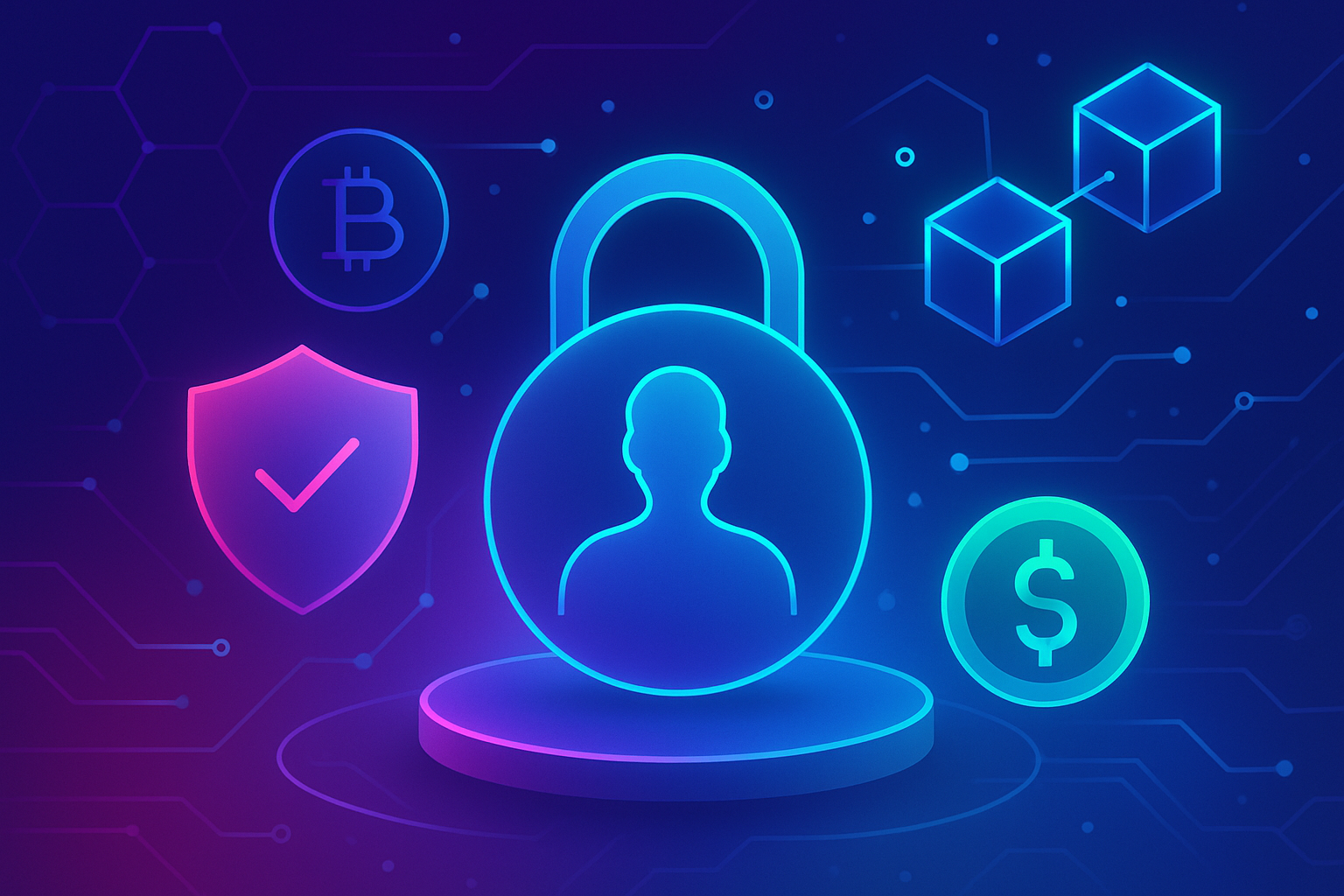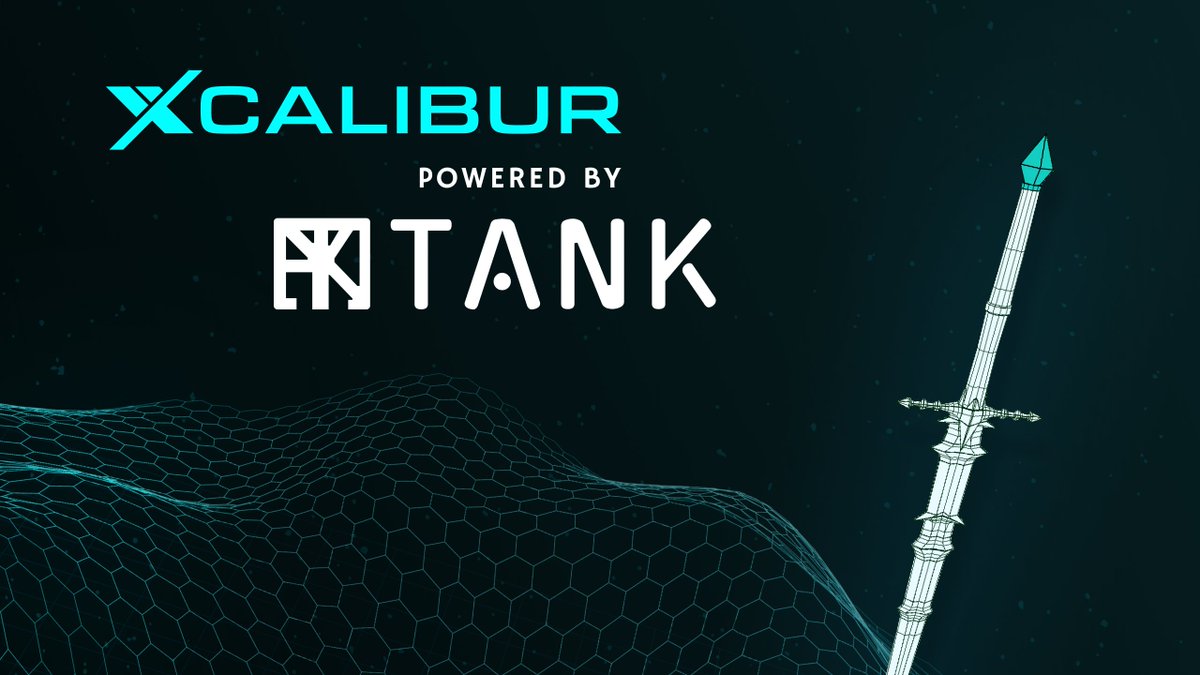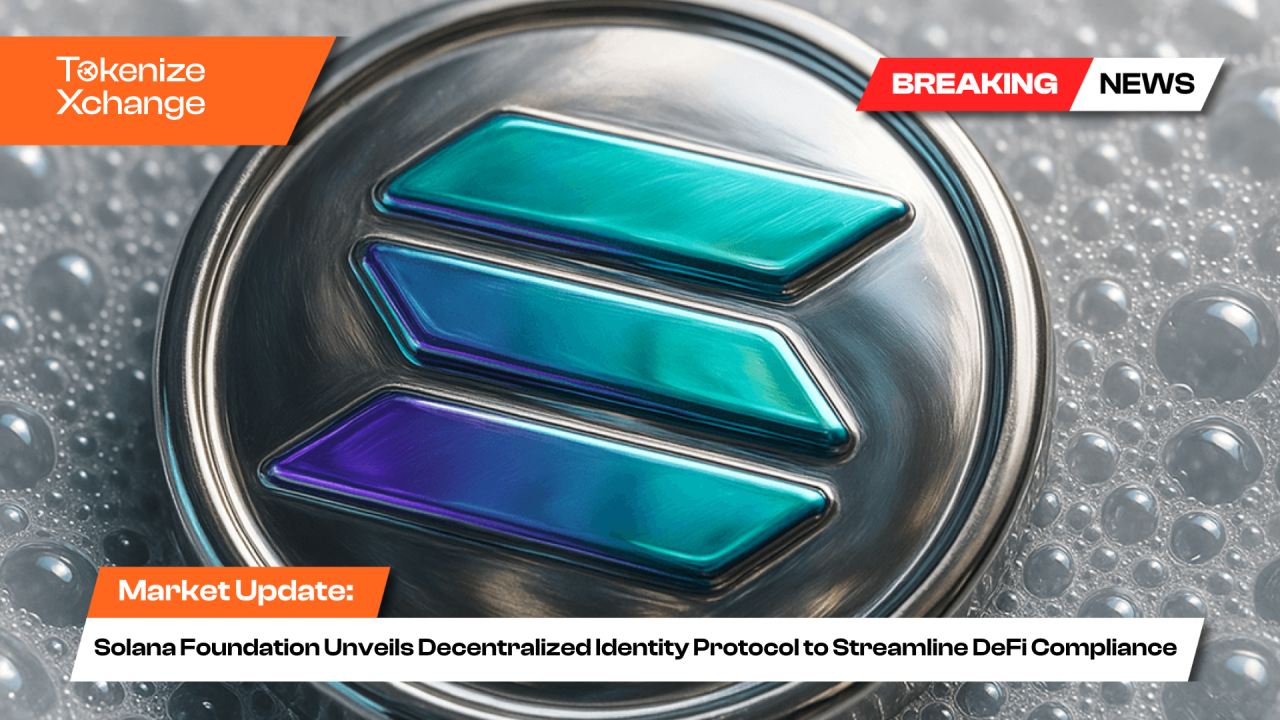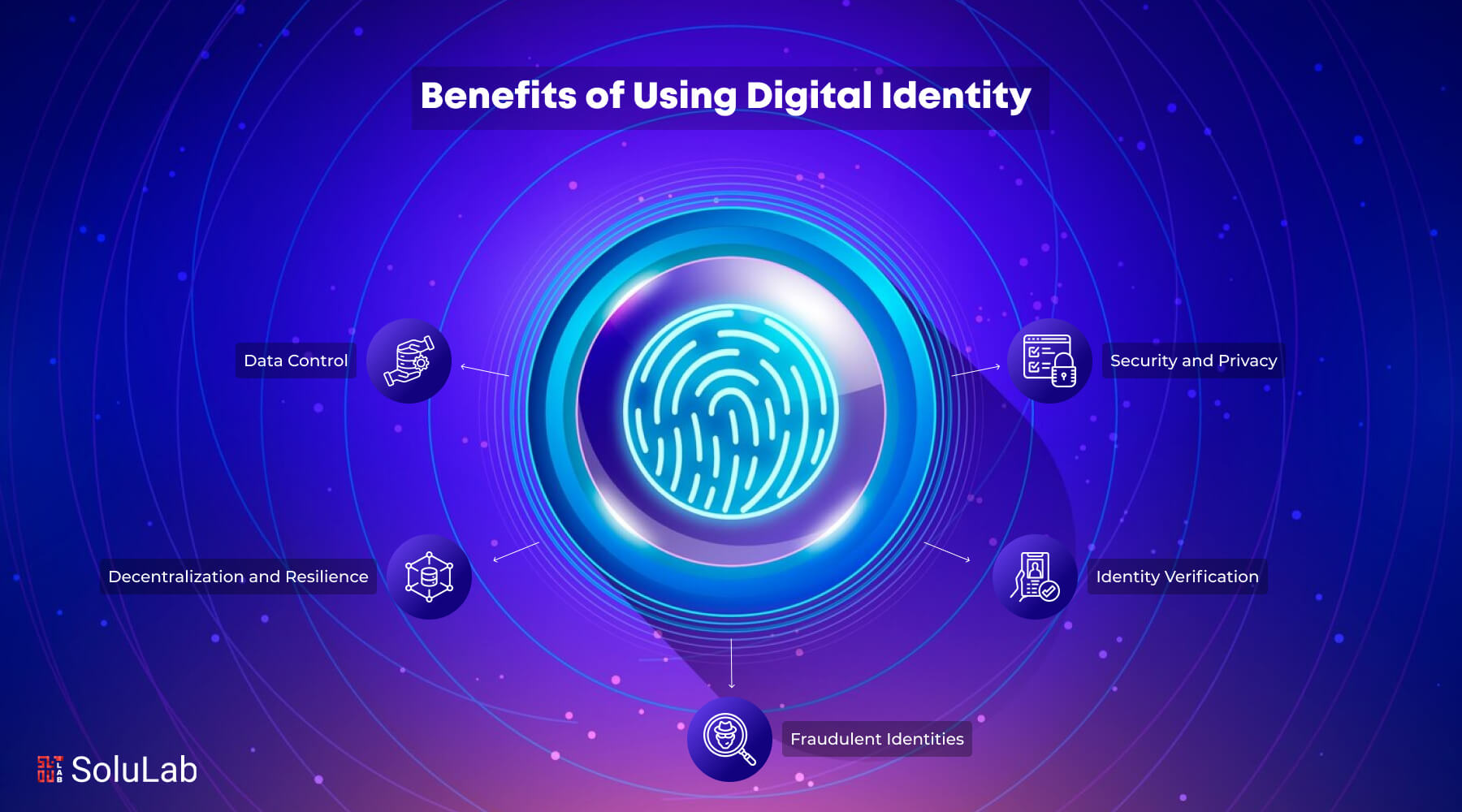
Decentralized Finance (DeFi) has revolutionized access to financial products, but it also faces intense scrutiny from regulators demanding robust Know Your Customer (KYC) compliance. For DeFi platforms that use allowlists, curated lists of wallet addresses permitted to participate in token sales, airdrops, or gated communities, balancing regulatory mandates with user privacy is a formidable challenge. This is where onchain attestations are changing the game, providing a verifiable, privacy-preserving solution for KYC compliance across blockchain networks.

What Are Onchain Attestations and Why Do They Matter?
An onchain attestation is a cryptographic proof recorded directly on the blockchain that confirms an attribute or credential about a user, such as passing a KYC check, without exposing sensitive personal information. Instead of storing full identity data onchain, only the fact of verification is written, often as a signed message or hash. This enables DeFi protocols to enforce eligibility requirements without compromising user privacy.
The impact? Users can prove their compliance status across multiple platforms with a single reusable credential, while projects can automate access controls through smart contracts. As highlighted by Blockpass’s On-Chain KYC® 2.0 and Solana’s Attestation Service, this approach is quickly becoming the gold standard for digital identity in Web3.
Enhancing KYC Compliance for DeFi Allowlists
The traditional process of managing allowlists for token sales or gated DeFi platforms often involves repeated offchain KYC checks, manual approvals, and siloed databases. This not only slows down onboarding but also increases the risk of data leaks and compliance gaps. By integrating onchain attestations into allowlist management workflows, DeFi projects unlock several key advantages:
- Privacy Preservation: Onchain attestations let users prove they are KYC compliant without revealing who they are to the world. Only the fact that an address has passed verification is visible onchain.
- Interoperability and Reusability: Once issued by a trusted provider (like Blockpass or Attest Protocol), an attestation can be reused across any compatible platform, eliminating redundant verifications and smoothing user experience.
- Decentralized Verification: No need to trust centralized gatekeepers; smart contracts can independently verify attestation validity before granting access to token sales or exclusive features.
- Automated Compliance Enforcement: Platforms like Chainlink’s Automated Compliance Engine (ACE) allow real-time checks for valid credentials at every transaction point, closing loopholes and ensuring only eligible users participate.
This paradigm shift means DeFi projects can meet regulatory demands while maintaining their commitment to decentralization and user autonomy, a critical balance as scrutiny intensifies worldwide.
Pioneering Implementations in Today’s Ecosystem
The adoption of onchain attestation frameworks is accelerating across major blockchains:
- Blockpass On-Chain KYC® 2.0: Issues verifiable credentials compatible with Ethereum and Solana ecosystems.
- Solana Attestation Service (SAS): Associates offchain KYC results with wallet addresses for seamless cross-app verification.
- Attest Protocol: Provides lightweight tools for developers to integrate KYC status checks without deep smart contract expertise.
- Chainlink ACE: Enables dynamic policy-based compliance enforcement through identity registries linked to offchain credentials.
- Altme and TezID Partnership: Brings decentralized KYC/AML solutions directly into Tezos-based DeFi applications.
If you want a deeper dive into how these integrations work in practice, and how your project can leverage them, see our detailed guide: How Onchain Attestations Enhance KYC Compliance for DeFi Allowlists.
The Future of Allowlist Management: Automation and Trust at Scale
The next wave of innovation will see even tighter integration between onchain attestations and smart contract logic powering allowlists. Imagine token sales where eligibility is checked instantly on-chain before every transaction, or decentralized communities where membership is provably compliant yet fully private. As standards mature and interoperability improves, expect seamless onboarding flows that satisfy both users’ privacy needs and regulators’ demands for transparency.
For allowlist managers, this means less manual work and fewer legal headaches. Smart contracts can be programmed to accept only those addresses that hold a valid KYC attestation, dramatically reducing the risk of unauthorized participation. The result is a more secure, scalable, and auditable process for onboarding users into DeFi ecosystems without the bottlenecks of traditional KYC workflows.
Top 5 Benefits of Onchain Attestations for DeFi Allowlists
-

Privacy-Preserving Compliance: Onchain attestations allow users to prove KYC compliance without exposing sensitive personal data on the blockchain, maintaining privacy while meeting regulatory standards. (Solana Attestation Service)
-

Interoperable and Reusable Identities: Once issued, onchain attestations can be reused across multiple DeFi platforms, streamlining onboarding and reducing the need for repeated verifications. (Blockpass On-Chain KYC® 2.0)
-

Decentralized Verification: Leveraging decentralized identity frameworks, onchain attestations enable verification of user credentials without reliance on centralized authorities, aligning with DeFi’s core principles. (Singularity Finance Identity Solutions)
-

Automated Compliance Enforcement: Smart contracts can automatically check for valid attestations before permitting transactions, ensuring only KYC-compliant users interact with the protocol. (Chainlink Automated Compliance Engine)
-

Enhanced Security and Trust: By providing cryptographic proof of KYC status, onchain attestations foster a more secure and trustworthy DeFi ecosystem, reducing fraud and improving protocol integrity. (Attest Protocol)
Crucially, these frameworks are not limited to one blockchain or protocol. Solutions like Blockpass On-Chain KYC® 2.0 and Chainlink ACE are designed for interoperability, enabling projects to tap into a global pool of verified users across Ethereum, Solana, Tezos, and beyond. This cross-chain compatibility is key as DeFi continues its rapid expansion and projects seek to attract participants from diverse networks.
As regulatory pressure mounts, particularly around anti-money laundering (AML) and counter-terrorism financing (CTF) compliance, onchain attestations are emerging as the preferred method for demonstrating robust controls without sacrificing the open ethos of blockchain. Leading protocols are already leveraging these tools to automate compliance at every stage: from wallet registration and allowlist curation to transaction execution and reward distribution.
Best Practices for Integrating Onchain Attestations
For teams looking to implement onchain KYC credentials in their own allowlist management workflows, several best practices stand out:
- Choose a trusted attestation provider: Work with established frameworks like Blockpass or Attest Protocol that have proven track records in digital identity.
- Prioritize interoperability: Ensure your solution supports multiple chains and standards so users can bring their credentials wherever they go.
- Automate with smart contracts: Program eligibility checks directly into your protocol logic for real-time enforcement.
- Maintain privacy by design: Only store proofs of verification onchain, not raw personal data, to minimize risk and build user trust.
- Stay up-to-date with regulations: Monitor evolving AML/KYC requirements and update your attestation logic as needed to remain compliant.
The growing ecosystem of onchain attestation tools means it’s never been easier for DeFi projects to raise the bar on both compliance and user experience. As adoption accelerates, expect new standards that further streamline onboarding while keeping bad actors at bay.
If you’re interested in the technical details or want step-by-step guidance on integrating these solutions into your stack, check out our comprehensive walkthrough: How Onchain Attestations Simplify KYC Compliance for DeFi Allowlists.
The trajectory is clear: onchain attestations are setting a new standard for allowlist management in Web3. They deliver privacy-preserving compliance at scale, unlocking broader participation while satisfying both users’ expectations and regulatory mandates. As more platforms adopt this approach, expect faster onboarding, stronger security guarantees, and a foundation of trust that will help DeFi reach its full potential.






